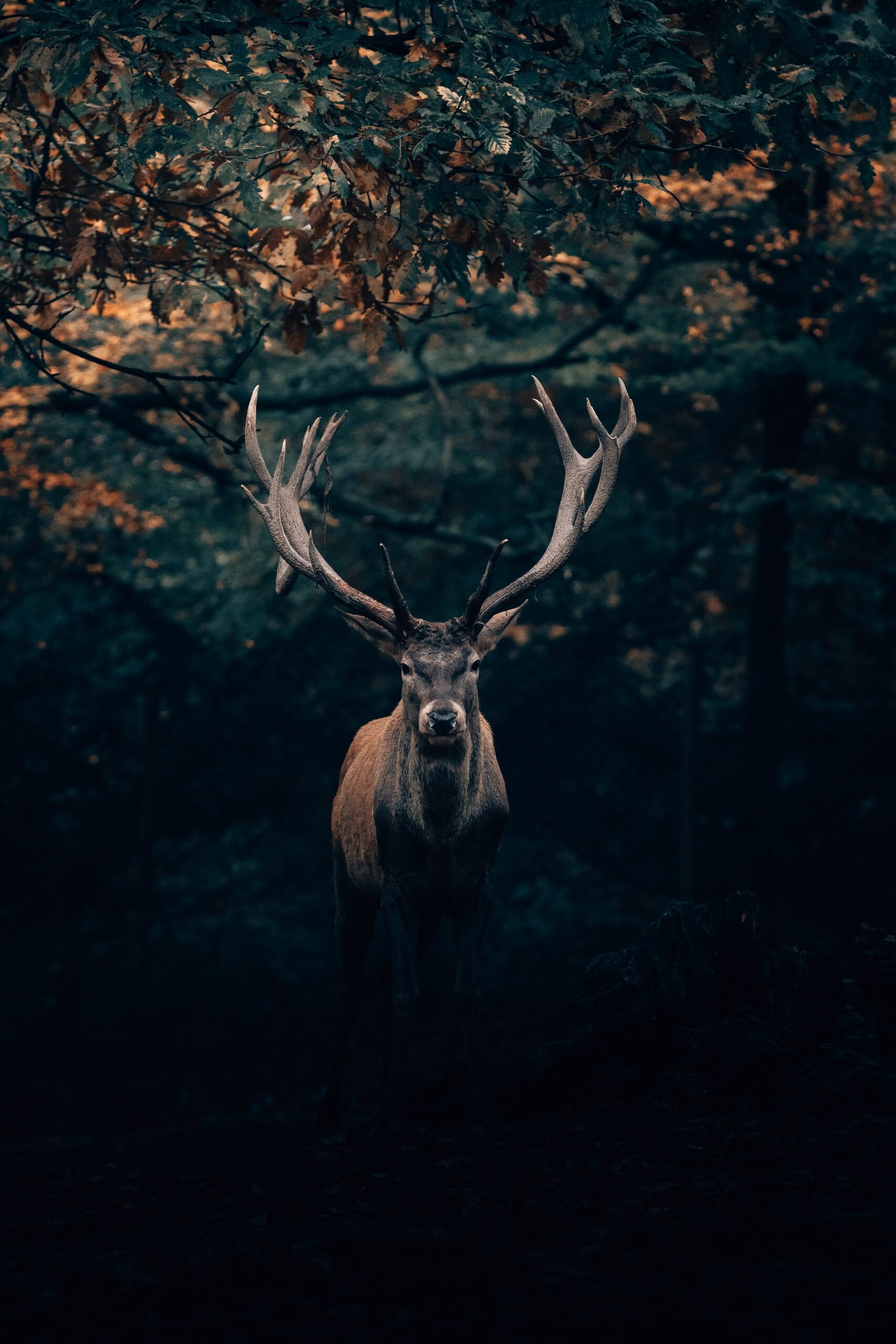Review: GODKILLER by Hannah Kaner
★★★★☆
This is an excellent novel, and you should read it.
It’s been a while since I have read a book that was so evenly and consistently good. It has whip-smart dialogue, excellent characterisation, some of the best disability representation I have ever seen in a fantasy novel, to say nothing of the queer representation, which is also very good.
First of all, the prose in this novel is near to perfect. Descriptive and pleasant but not excessively flowery, clear and direct enough to hold attention and keep the story moving forwards. There were no points in the story where I felt lost or wondering why the author was dwelling long on a particular topic or thought. The prose is pretty, yet inconspicuous. It is not trying to draw attention to itself. It takes a back seat to the storytelling, and the novel is far stronger for it.
The conflicts between the characters feel driven not by the kind of anthropic principle relied on by other writers (i.e. the characters must bicker or else there would be no story), but by the very natures of the characters; the traumas they suffer and their own, deeply-held moral convictions and values.
This is a classic quest story, sure, and some may dismiss it as derivative. It is, ultimately, about a party of adventurers trying to get to a place. But what the novel lacks in originality, structurally speaking, it more than makes up for in how compelling its characters are. It does something a lot of novels fail to do for me – it makes me care what happens to these people.
At points, it felt almost like reading someone’s tabletop roleplaying campaign; and I do not mean that in an insulting way. Many of the fights mirror the spontaneity, the suddenness with which characters can be left on the back foot.
The queer representation is this novel is very good. Kissen, one of our protagonists, is a bisexual woman who prefers women. Elogast, as well, seems to be a bisexual man. Additionally, it is all but stated that Elogast was raised by two women. In neither case is this commented on. In fact, the worldbuilding of the story seems to imply that bisexuality and same-sex coupling is pretty much the norm in this world, if not universal; we also meet a group of elderly lesbians.
I am not a person who has had a limb removed, nor am I a wheelchair user, nor am I d/Deaf, so I cannot comment on the sensitivity of the representation in this book, but I will say that I found the treatment of disability in this novel to be really refreshing in its approach; I have never read a fantasy novel where wheelchair users are just a normal part of the setting, and the author has clearly put thought into how people who have had amputations might wear prosthetics. I felt the same about Telle, a d/Deaf character who communicates in sign language – something I haven’t seen in fantasy before.
It’s worth noting, also, that the novel has a multiracial dramatis personae. Kissen is a white, red-haired woman, but Elogast and Inara have brown skin. This is nothing new in fantasy – A Wizard of Earthsea had a protagonist with brown skin all the way back in 1968 – but in a world where fantasy is still overwhelmingly, stiflingly white and European, it’s worthy of laudits, at least from my (privileged, white) perspective.
The dialogue is really great, as well. All the characters have distinct voices and ways of engaging with the situations around them. I especially liked that swearing in dialogue was, while not absent, not used excessively, which I tend to find a bit cringeworthy in fiction intended for adults.
I got the repeated sense, while reading, that this was a fantasy novel for adult readers trying to be a fantasy novel for adult readers, rather than the “YA for adults” style that I see far too often. All the same, this is not grimdark, edgelord fantasy. It has a lot of heart. It feels genuine. It isn’t trying too hard. It’s just a damn good romp, written solidly.
I must, however, with heavy heart, knock off one star. The novel follows the pattern of a lot of modern fantasy novels in that it does not allow itself to be a self-contained story. It comprises the first story in an ongoing arc. This is fine, of course – The Lord of the Rings was, after all, split into three books – but it means that books start to feel less like books and more like streaming television programmes, serialised and thriving on hype rather than their own intrinsic merits.
The effect this has on the storytelling is that it removes obligation from the writer to make a solid, satisfying conclusion; instead, we get a somewhat rushed ending that promises more intrigue in the next book. This is to the detriment of the book’s beginning and middle, because those promise a great ending, but we lose sight of it by the middle of the third act. And that is a shame, because the first three-quarters of the novel are absolutely stellar, but I hate when I finish a book feeling that the story isn’t actually finished.
However, a somewhat rushed ending does not a terrible novel make. This is still a novel absolutely worthy of your time. It is almost a crash course for fantasy writers in how to write a compelling story, with interesting characters and just enough layers of intrigue to hold the reader’s attention.
Despite my misgivings about the ending, I highly anticipate the sequel, to be released in 2024, as if it is anything like as good as its predecessor, this series could go down in history as one of the greatest fantasy series ever written.
Read this book.
This review was originally posted to Goodreads on 18 November 2023.
